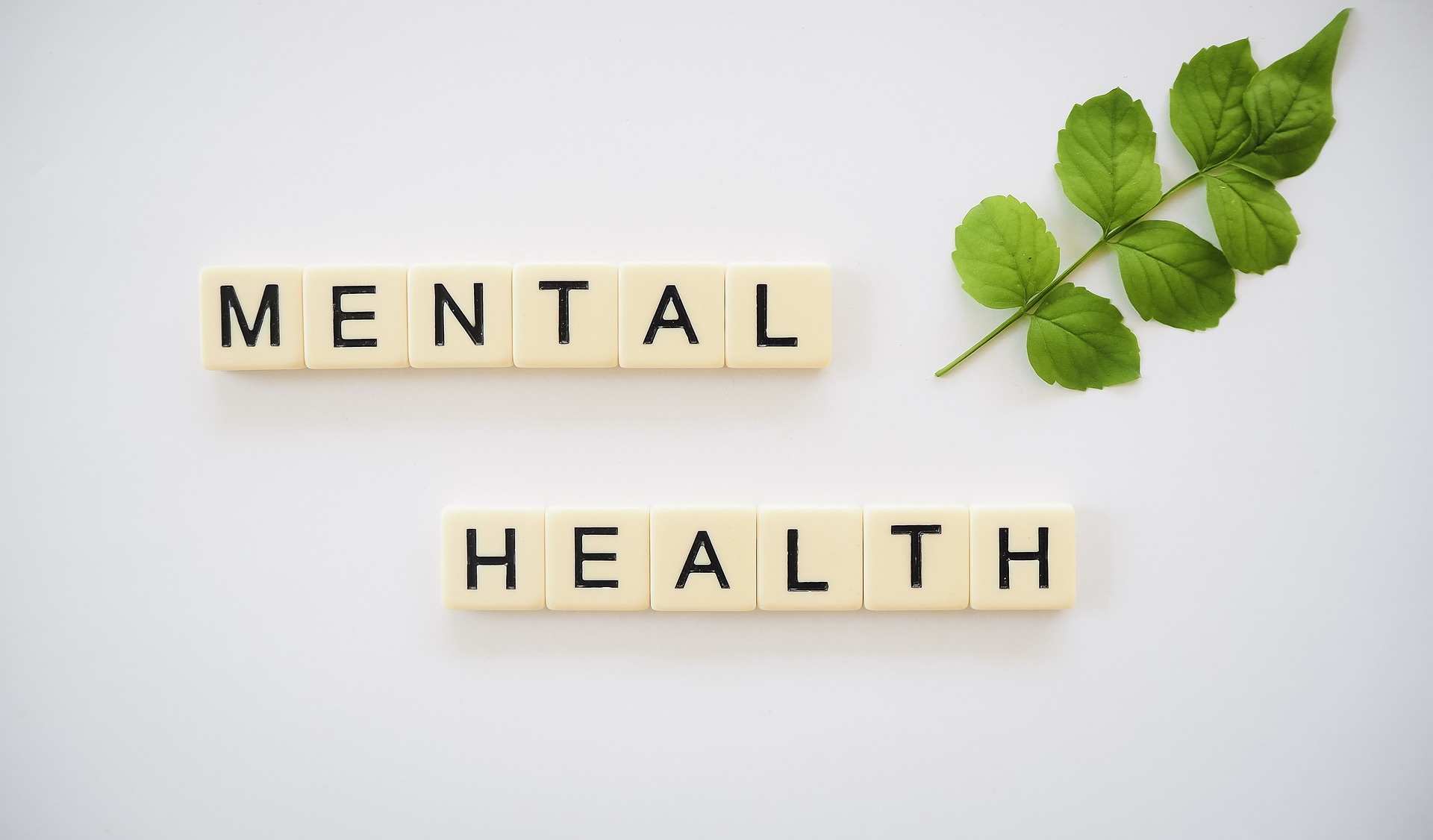Understanding and Addressing Anxiety: A Holistic Approach
Anxiety is a complex mental health disorder that affects millions of people worldwide. It is characterized by feelings of worry, anxiety, or fear that are strong enough to interfere with one's daily activities. These feelings may prompt an individual to avoid certain situations out of worry, experience bouts of panic, or persistently ruminate over a problem. In this article, we will delve into the multifaceted nature of anxiety, its historical context, current trends, impacts, and holistic approaches to address this pervasive issue.

Historical Context of Anxiety: A Brief Overview
Anxiety, in its various forms, has been recognized and documented throughout history. The Ancient Greeks, for instance, described symptoms that align with what we today recognize as anxiety disorders. Hippocrates, the father of western medicine, wrote about an “excessive fear and distress” that was out of proportion to any actual threat.
In the 19th century, anxiety was often referred to as ‘neurasthenia’, a condition characterized by chronic fatigue and worry. Sigmund Freud, the founder of psychoanalysis, focused extensively on anxiety, viewing it as a key component of mental distress.
In recent decades, our understanding of anxiety has evolved significantly. Modern psychology and psychiatry now recognize a range of anxiety disorders, including generalized anxiety disorder (GAD), panic disorder, and social anxiety disorder, amongst others.
Anxiety in the 21st Century: Current Trends and Impact
In the 21st century, anxiety has become one of the most prevalent mental health issues. The World Health Organization (WHO) estimates that around 264 million people globally suffer from an anxiety disorder. The prevalence of anxiety has been on the rise, with the ongoing COVID-19 pandemic further exacerbating the situation.
Anxiety disorders can have a significant impact on individuals’ lives, affecting their work, relationships, and overall well-being. The economic cost is also considerable, with anxiety disorders estimated to cost the global economy billions of dollars annually in lost productivity and healthcare expenses.
The Reception of Anxiety Disorders: Changing Attitudes
Historically, mental health disorders, including anxiety, were often misunderstood and stigmatized. However, societal attitudes towards mental health have been gradually shifting, and there is now greater recognition of the importance of mental health and the need for effective treatments.
This shift has been reflected in the increasing availability and acceptance of mental health services. Many workplaces now offer mental health support, and there is a growing recognition of the need for mental health education in schools. Despite these positive changes, stigma associated with mental health disorders, including anxiety, still persists and continues to be a barrier to seeking help for many individuals.
A Holistic Approach to Addressing Anxiety
Traditionally, anxiety disorders have been treated predominantly with medication and psychotherapy. While these approaches can be effective, they often fail to address the underlying factors contributing to anxiety, such as lifestyle, diet, physical health, and social factors.
A holistic approach to anxiety involves addressing these factors alongside traditional treatments. This approach may involve lifestyle changes, such as regular physical activity and a balanced diet, which have been shown to reduce anxiety symptoms. Mindfulness practices, such as meditation and yoga, can also play a substantial role in managing anxiety.
Moreover, social support is crucial in managing anxiety. Connecting with others, whether through support groups, online communities, or personal relationships, can provide comfort and reduce feelings of isolation often associated with anxiety.
The Future of Anxiety Management
As our understanding of anxiety continues to evolve, so too should our approach to its management. A holistic approach to anxiety, which considers the individual’s entire lifestyle and personal circumstances, offers a promising path forward.
There is a growing appreciation of the need for a multifaceted approach to mental health, with a focus on prevention as well as treatment. This includes tackling the stigma associated with mental health, promoting mental health education, and ensuring that everyone has access to the support they need.
Anxiety is a complex, multifaceted issue that requires a similarly complex and multifaceted approach. By embracing a holistic perspective, we can hope to better understand, manage, and ultimately reduce the impact of this pervasive disorder.





